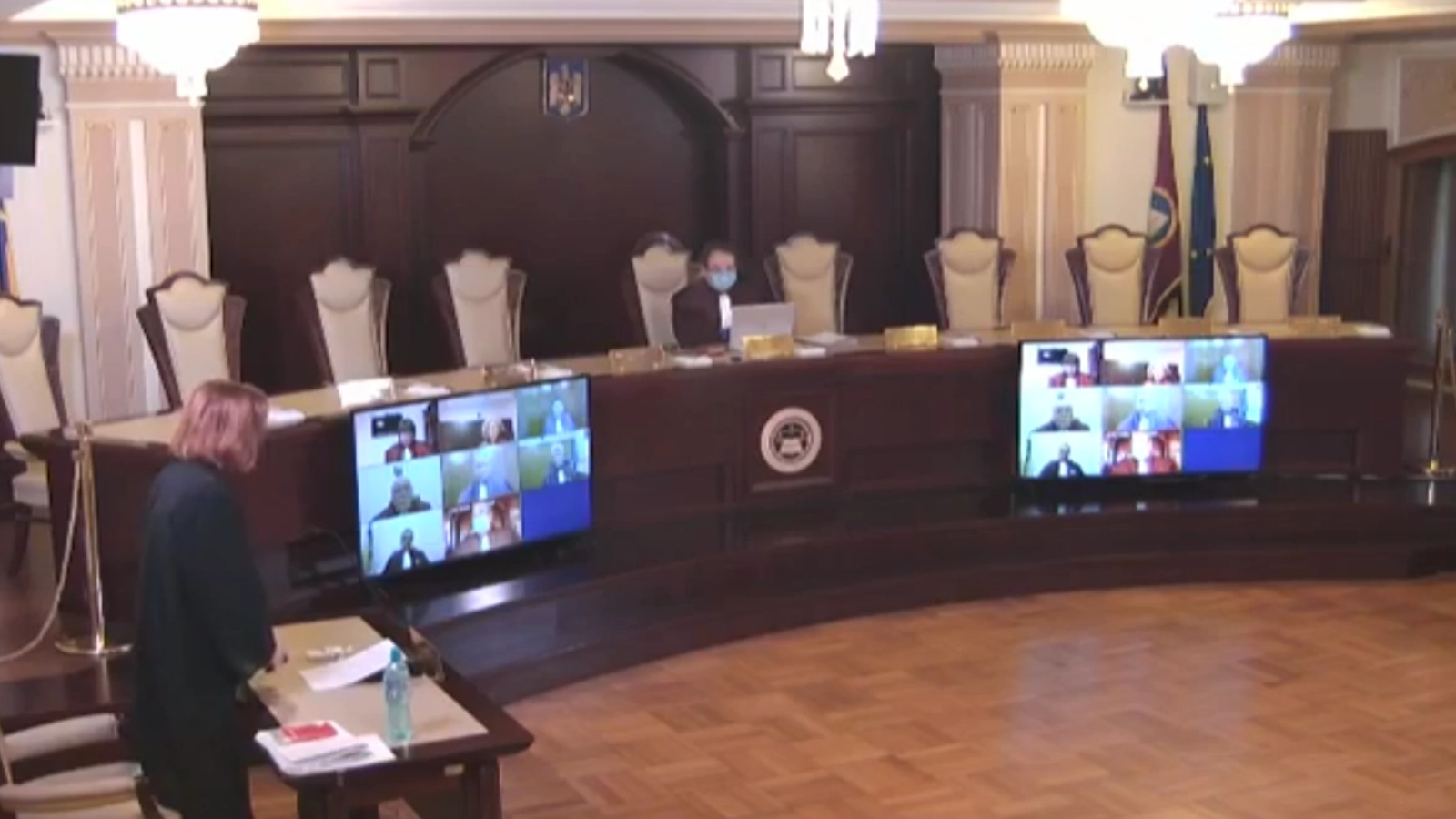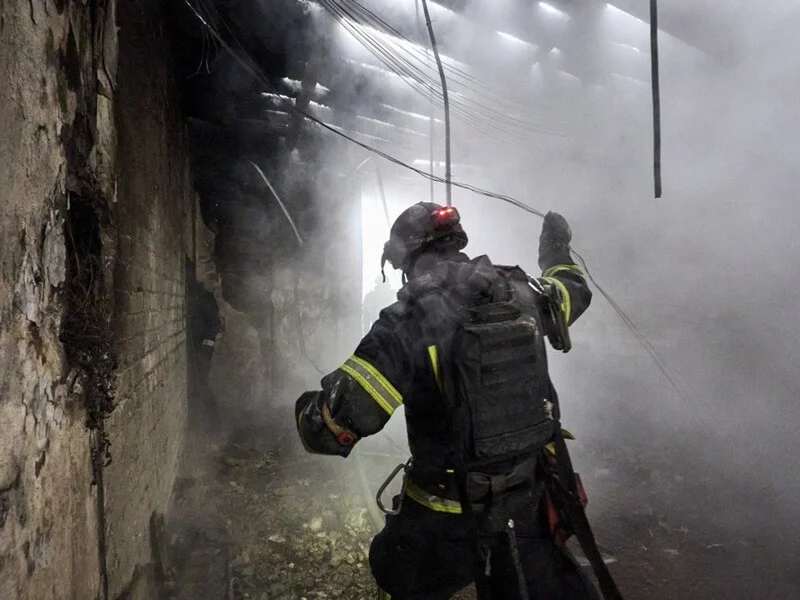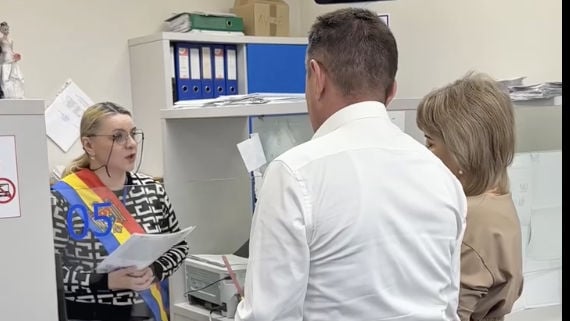Several associations of magistrates request the notification of the Constitutional Court of Romania (CCR) regarding the draft law for the approval of OUG no. 6/2016, regarding some measures for the execution of the technical monitoring mandates ordered in the criminal trial, agerpres reports.
The request sent by the National Union of Judges of Romania (UNJR), the Association of Magistrates in Romania (AMR), the Association of Judges for the Defense of Human Rights (AJADO) and the Association of Prosecutors in Romania (APR) is addressed to the Ombudsman and the President of the High Court of Cassation and Justice (ICCJ).
"On 16.11.2021, the Chamber of Deputies adopted untimely, after 5 years of not working on it, the law approving the controversial OUG (Government Emergency Ordinance) no. 6/2016, by which the Government granted the Romanian Intelligence Service (SRI) the status of 'special criminal investigation body', thus assigning to a secret information service an active role in the criminal proceedings, which is likely to affect the fundamental rights of citizens, including the right to a fair trial. Adoption of OUG no. 6/2016 was harshly criticized, at that time, by the associations of magistrates, who invoked serious flaws of unconstitutionality and asked the Parliament to reject it," reads a statement sent on Thursday by the associations of magistrates.
According to the same source, the adopted bill did not correct any of the reported vices, so it is necessary for the CCR to check the compatibility of the draft law with the Constitution.
UNJR, AMR, AJADO and APR claim, among other things, that the adoption of OUG 6/2016 was made without the opinion of the Superior Council of Magistracy (CSM), the draft law adds to the criminal investigation bodies and "specialized workers within the police", which unclearly expands the scope of the persons who acquire the right to make criminal investigations, the rules on the verifications of how the lawful interception warrants are executed are lacunae and unclear.
On Tuesday, the Deputies voted in favour of the draft law on the approval of the Government Emergency Ordinance no. 6/2016 on certain measures for the enforcement of technical monitoring mandates ordered in criminal proceedings.
The Senate, as the first legislative chamber notified, had tacitly adopted the legislative initiative on May 9, 2016.
The draft law comprises legislative interventions on the relevant pieces of legislation, as a result of the admission by the Constitutional Court, on February 16, 2016, of the exception of unconstitutionality of the provisions of article 142 paragraph (1) of the Criminal Procedure Code (CPP) regarding the phrase "or other specialized bodies of the state".
Following the debates, the members of the Legal, Discipline and Immunities Committee decided, unanimously, to submit to the plenum of the Chamber of Deputies the adoption of the draft law, without amendments, in the form approved by the Senate.
According to the bill, the Public Prosecution Service (MP) is authorized to hold and use adequate means to obtain, verify, process, store and discover information on the offences given in the competence of the Prosecutor's Offices, under the conditions of the law. The judicial police bodies carry out their criminal investigation activity, directly, under the direction and supervision of the prosecutor, being obliged to fulfill its provisions. The services and bodies specialized in collecting, processing and archiving information have the obligation to make available to the competent Prosecutor's Office, at its headquarters, all the data and all the unprocessed information held in relation to the commission of the crimes.
The Romanian Intelligence Service may carry out acts of criminal investigation under special conditions in cases of treachery, espionage, terrorism, also provides OUG no. 6/2016, which belongs to the former minister of Justice Raluca Pruna (USR), being signed by former prime minister Dacian Ciolos: "The bodies of the Romanian Intelligence Service cannot carry out acts of criminal investigation, can not take the measure of preventive detention or arrest and cannot have its own arrest spaces. By way of exception, the bodies of the Romanian Intelligence Service may be designated special criminal investigation bodies according to art. 55 paragraph (5) and (6) of the Code of Criminal Procedure for the enforcement of technical supervision mandates according to the provisions of art. 57 paragraph (2) the final sentence of the Code of Criminal Procedure".
Magistrates associations ask Constitutional Court's notification on bill for OUG 6/2016 approval
Explorează subiectul
Articole Similare

11
Fitch affirms Romania at 'BBB minus'; outlook negative
11

10
DefMin Miruta has meetings with European defence industry representatives on Munich conference sidelines
10

15
Figures from real economy show for two years we not well (professor Cristian Paun)
15

16
FEATURE STORY/Daniel Castle in Talisoara features murals of local aristocratic life, similar to today's social-network style
16

11
International Master's programme Inclusion Studies launched by Stefan cel Mare University, two European universities
11

10
Bucharest Stock Exchange closes lower Friday's trading session
10

12
Foreign Minister Toiu: NATO remains committed to strengthening deterrence and defence on Eastern Flank
12

9
PNL vice-president Ciucu criticises political class for blocking necessary reforms
9

10
PM Bolojan: The president has supported Govt's initiatives on all fundamental issues
10

10
PM says Constitutional Court's postponement of ruling on magistrates' pension bill is harmful to public opinion
10

9
Bolojan: Merger of localities in Romania is very difficult to regulate
9

18
RoPower Nuclear CEO: SMR Doicesti positions Romania as leader in next-generation nuclear technology
18

5
PM Bolojan: New Gov't will follow if the current one can no longer act or loses support
5



















Comentează